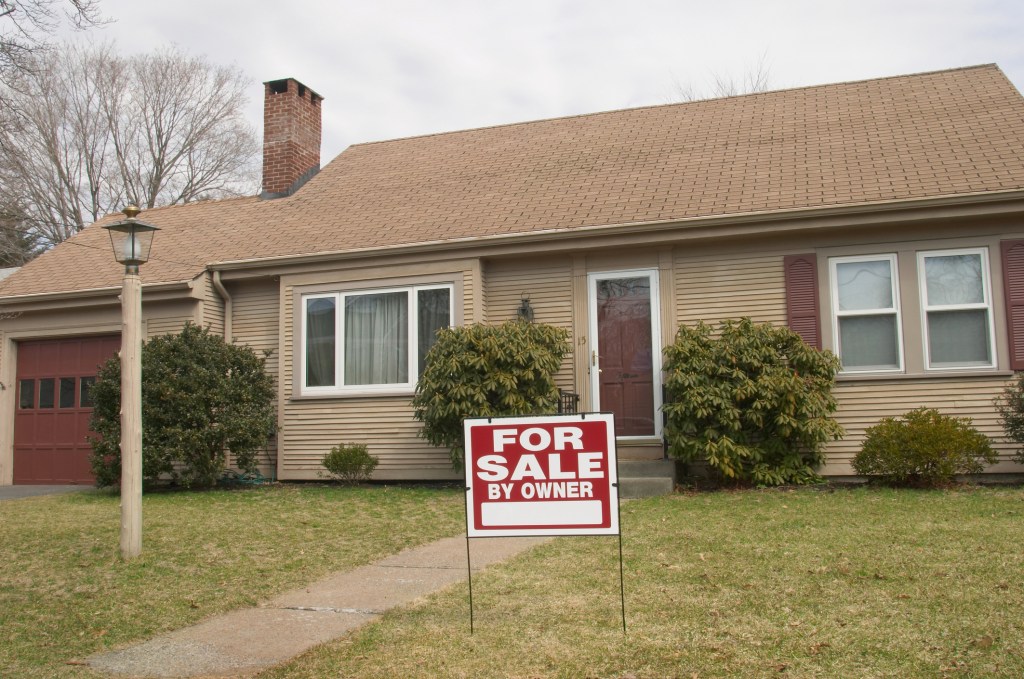B
arak Diskin isn't trying to revolutionize real estate or create the next big tech platform. Instead, he's focused on building systems that allow startups to move quickly in the real world. With a background in real estate development, Diskin was drawn to the startup economy's speed and adaptability, as well as its need for innovative real estate solutions.
As startups scaled rapidly but faced physical bottlenecks, while traditional real estate moved at a glacial pace, Diskin saw an opportunity to create synergy between the two. He began adapting property development to support fast-moving companies in ways that traditional real estate rarely allowed. "I realized that what makes a startup successful—adaptability, iteration, and fast deployment—was missing in real estate," he says.
Today's startups don't want static assets; they need flexibility and spaces that can be quickly turned on or off. Diskin gets this, helping redefine property as a flexible part of a company's operating system. He's hands-on, identifying underutilized properties, solving zoning puzzles, and deploying prefab infrastructure to make it work.
Diskin's edge lies in seeing potential where others see only vacancy. He asks what else a space could be doing if it's not working. This mindset has led him to develop properties that serve entirely new functions, like delivery-only kitchen pods that go live in weeks, not months. "It's about making something useful again—and fast," he says.
Diskin is living the idea of Real Estate as a Service (REaaS), bundling space with logistics, tech, and management so founders don't have to figure it out themselves. This model makes sense in today's post-pandemic world, where risk tolerance is lower and businesses need more flexibility.
Another key aspect of Diskin's projects: he builds with data in mind, not just market comps or construction costs but live operational feedback that lets companies optimize their spaces. "Startups are used to measuring everything," he says. "Why shouldn't their physical spaces be just as smart?"
Diskin thinks systems-level, turning real estate from a cost center into a growth engine. He's down-to-earth and willing to get into the weeds, but also thinking big about how cities connect and infrastructure scales across markets.
For Diskin, buildings are starting points—launchpads for growth. He's building a new kind of infrastructure that thinks like a founder, adapts like a startup, and grows like a network. His approach may not be flashy, but it's working, and in an economy demanding speed, flexibility, and execution, that may be exactly what's needed.














